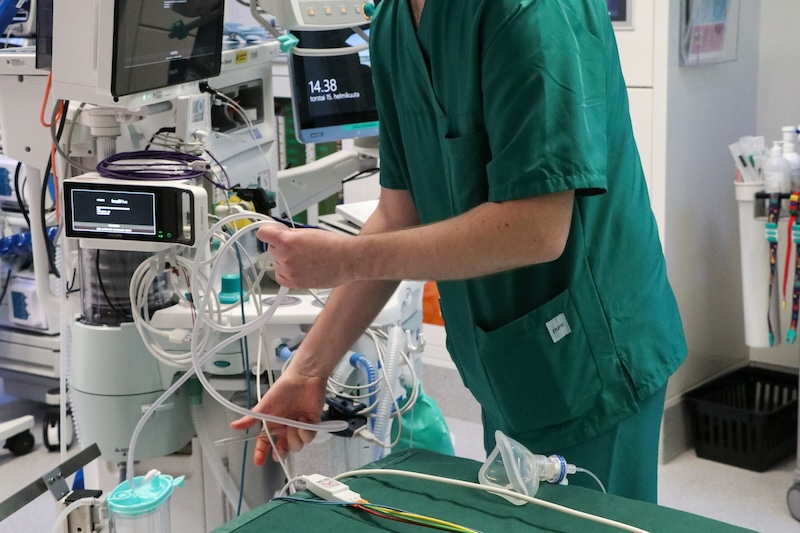A strict data privacy law regulating the use of health records for research purposes has led to a nearly 50% drop in studies utilizing healthcare registers in Finland over the past three years. Now, changes to the law are being considered to strike a balance between data protection and easing research processes.
Enacted in 2019, the Secondary Use of Health and Social Data Act governs how patient data collected during medical visits and lab tests can be used for purposes beyond patient care, such as scientific research.
“While the law’s intent is good, its overly stringent data privacy requirements have severely impacted registry-based health research. Ultimately, Finnish patients suffer from the lack of sufficient research,” says Associate Professor and specialist Oscar Brück from Helsinki University Hospital (HUS).
A recent study published in Health Research Policy and Systems analyzed research permits before and after the introduction of the EU’s General Data Protection Regulation (GDPR) and Finland’s secondary data law. The findings suggest the latter has been the main reason for the sharp decline in research.
“Until 2019, research permits were on the rise, but by 2023 the number of new permits dropped by 47% compared to what was expected. No similar changes were observed following GDPR implementation, pointing to the secondary data law as the primary factor,” explains Associate Professor Enni Sanmark from HUS.
Registry Research Crucial for Health Advancements
Registry-based research utilizes existing health data from sources such as patient records and lab results. It plays a vital role in medical research and healthcare development, helping assess treatment effectiveness, develop new therapies, and improve services.
“The ability to combine data from different registers also allows researchers to answer complex questions,” says HUS Chief Research Officer Saila Koivusalo.
However, the law’s strict requirements, including secure and expensive data handling environments, have led to significant cost increases and hindered international collaboration, making it difficult for foreign researchers to comply with Finnish regulations.
Call for Law Reform to Boost Competitiveness
In 2024, the European Parliament approved the European Health Data Space (EHDS) regulation, which mirrors some aspects of Finland’s secondary data law. However, with years before EHDS comes into effect, Finnish lawmakers are working to address the current law’s issues. The Ministry of Social Affairs and Health has established a working group, with HUS actively involved, to find solutions and facilitate international research.
“Finland has the opportunity to amend its laws to both protect data privacy and promote research, setting an example for other countries,” Brück concludes.
HT
